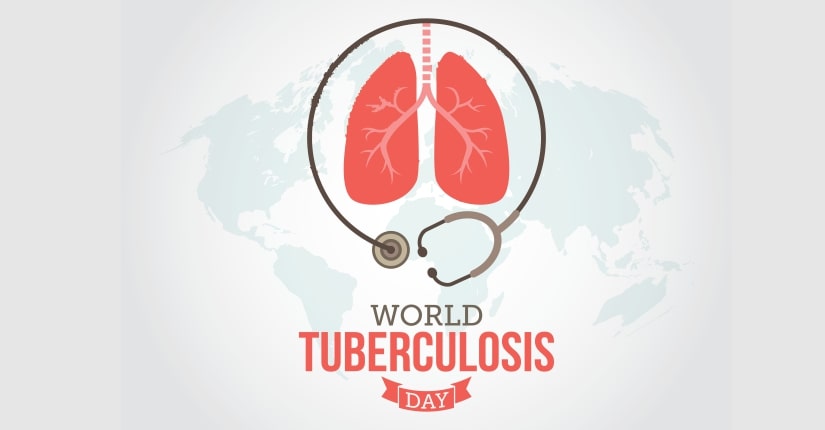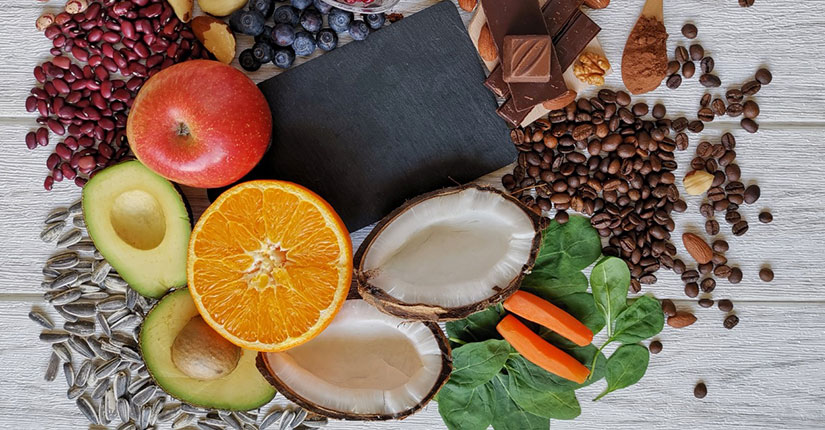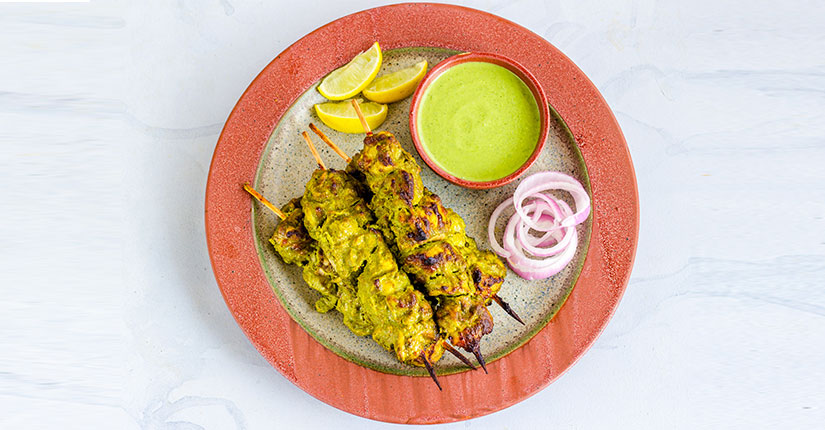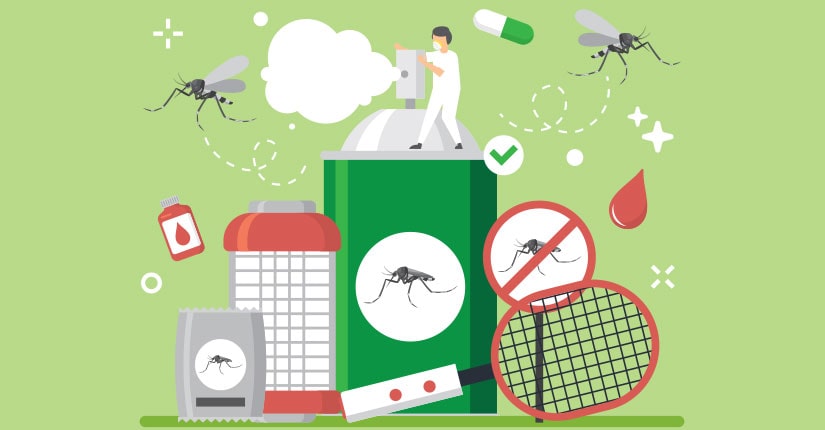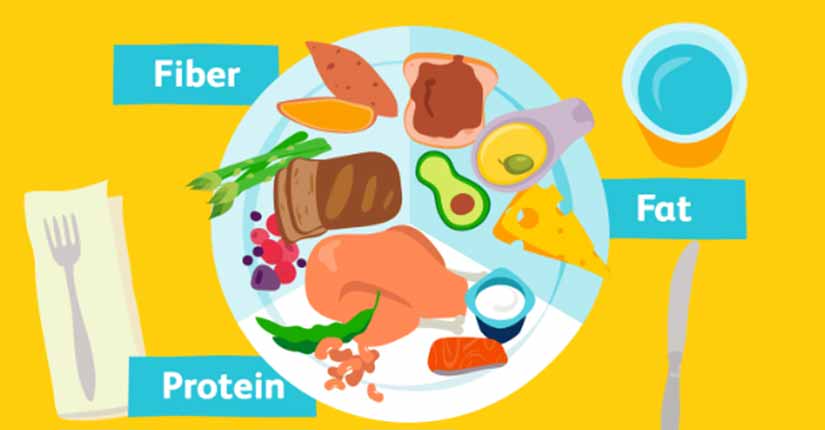Eat to See and Do more: How Nutritional Health improves Vision?
By Nmami Agarwal 14-Jul 2021 Reading Time: 6 Mins

People often think that poor eyesight is an inevitable result of aging or eye strain. But do you know that’s not the only reason? In reality, a healthy lifestyle can significantly reduce the risk of eye health problems to a great extent. Good eye health starts with the food that you eat. Nutrients like omega-3 fatty acids, folic acid, zinc, and vitamins C and E, Vitamin B12, and Vitamin B6 might help ward off age-related vision problems like macular degeneration, cataracts, poor night vision, dry eyes disease, and night blindness. These nutrients are present in Citrus fruits, green leafy vegetables, nuts and oilseeds, and dairy products. So, it is important to include all the foods rich in these nutrients to keep your eyes healthy and vision completely normal. Now, let’s discuss some of the major nutrients that will help you improve your vision:
- Vitamin-C: Eyes require a very high amount of antioxidants than any vital organ of the body. Vitamin C promotes healthy bones and skin, including the delicate capillaries in the retina. Consumption of Vitamin C reduces the risk of forming a cataract and vision loss from macular degeneration. It also helps the body to form and maintain connective tissue, including collagen found in the cornea of the eye. Vitamin C appears to play a protective role in your eyes, so you must include vegetables like bell peppers, kale, broccoli, tomatoes, and citrus fruits like guava, oranges, and strawberries.
- Omega-3 Fatty Acids: The long-chain Omega-3 fatty acids EPA and DHA are very important for eye health. DHA (Docosahexaenoic acid) is found in high amounts in your retina, where it may help maintain eye function. It’s also important for brain and eye development, especially during infancy. Thus, DHA deficiency can impair vision, especially in children with poor eye health. The major source of DHA is fish such as salmon, tuna, and sardines. It should also be noted that people with dry eyes that started taking EPA and DHA supplements significantly reduced dry eye symptoms by increasing the formation of tear fluid. Other foods rich in omega-3 are chia seeds, flax seeds, walnuts, soybean, and canola oil.
- Vitamin A: This vitamin is essential for maintaining your eye’s light-sensing cells, also known as photoreceptors. If you don’t consume enough vitamin A, you may experience night blindness, dry eyes, or some other serious diseases depending on the severity of your deficiency. The richest dietary sources of Vitamin A include liver, egg yolks, and dairy products. It is also a great antioxidant found as Beta-carotene from fruits and vegetables like kale, spinach, and carrots.
- Zinc: Eyes contain high levels of zinc which is involved in the formation of visual pigments in your retina. Also, it plays a vital role in bringing Vitamin A from the liver to produce melanin that is an important pigment for your eyes. If any individual has zinc deficiency it may lead to night blindness. Some major sources of zinc that you must include in your diet are eggs, peanuts. Lentils, nuts and seeds, black beans, and oysters.
- Vitamin D: Vitamin D has capabilities to protect vision, preventing age-related degenerative eye conditions like cataracts, macular degeneration, and glaucoma. Healing of the cornea will be delayed in case of injury or eye disease if the body has poor vitamin D content. There are proteins between all corneal cells where they can exchange sugars, amino acids, proteins and vitamins and maintain homeostasis. A sufficient amount of vitamin D strengthens these pathways of communication and makes the communication passage stronger. Some of the food sources rich in Vitamin D are fish like salmon, sardines, egg yolks, and milk.
Footnote:
Healthy lifestyle habits, such as a wholesome diet and regular exercise, may help prevent many chronic diseases — including eye conditions. Make sure you include enough of the nutrients listed above to improve your nutritional health and live a colorful life free from any diseases.






